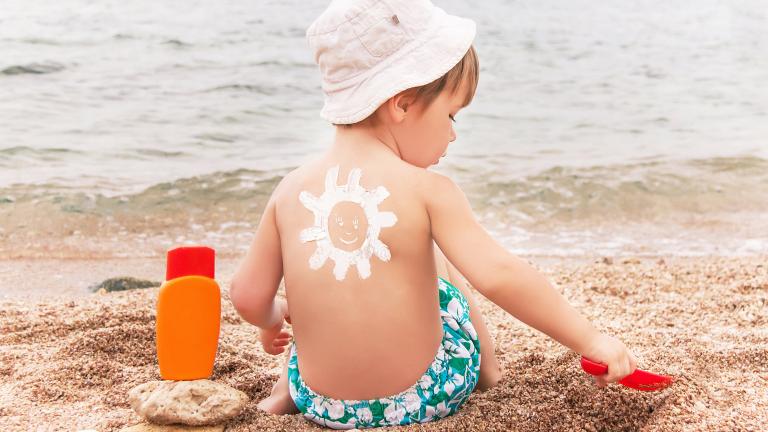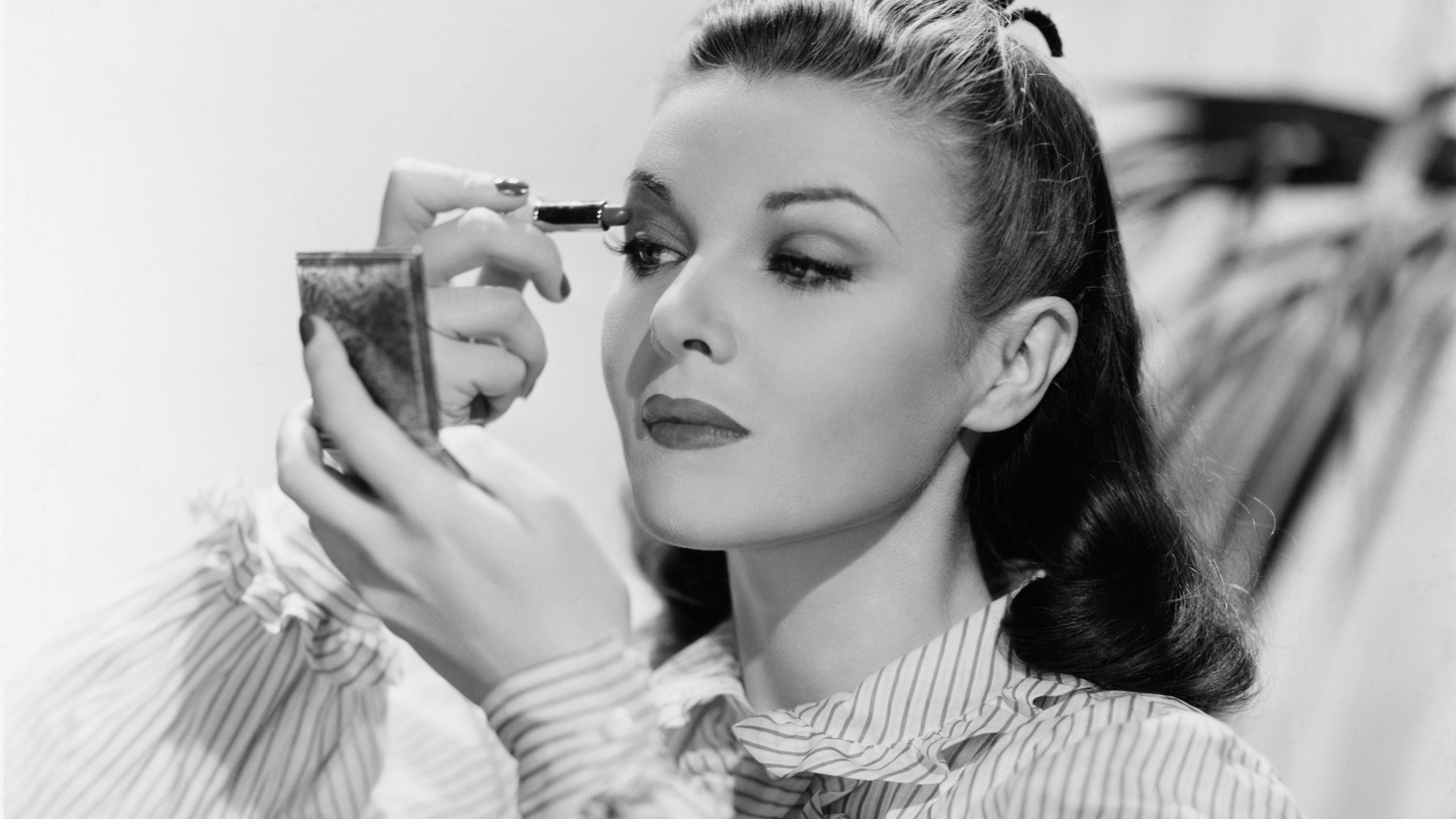Now that we’re well into the 21st century, here’s the status of women in the workplace: way, way better than 50 years ago, but still not great.
Women still make, on average, 77 cents for every dollar earned by their male counterparts. That gap has been largely attributed to a dropoff in median wages – relative to men’s wages – that women experience once they reach the age of 35, but recent data from Wells Fargo indicates that today, women in their 20s are making as little as 73 percent of male incomes.
Sexual harassment in the workplace, furthermore, is still pretty rampant. If you’re a woman and have fielded unwanted comments or inappropriate touching at work, raise your hand! (For the record, mine is up, and has been since the first month of my post-college career. What’s up, skeevy lawyer dude!)
In terms of future wealth and career opportunities for the young women of today, this is all really bad news. And since gender equality is a climate issue, failing to ensure that women and men have equal rights — both in the workplace and out of it — isn’t doing any favors for the planet.
But if you’re trying to buy from companies that are making a concerted effort to turn this kind of entrenched inequality around, good news! There’s now a product label for that. The Economic Dividends for Gender Equality (EDGE) certification “recognizes … leadership and commitment to create, benchmark and support gender equity throughout the workplace.”
This week, EDGE certified L’Oréal USA, the first American company to receive the badge of approval. We could go into the irony of a company that makes its money from selling unrealistic beauty standards to women being lauded for promoting gender equality standards, but you know what, let’s just not! The fact that this certification even exists is pretty great!
Or is it? Joe Pinsker argues in The Atlantic that while we may talk a lot of game when it comes to buying sustainably (“Of course I only buy organic, grass-fed, pastured beef!”) daily purchases do not actually reflect those kinds of choices (“I have no clue where those five Beefy Fritos Burrito wrappers on the floor of my car came from!”). In fact:
Some researchers have found self-reported beliefs about buying habits to be so unreliable and useless that they decided to stop polling people about them. The authors of one 2005 study wondered what might explain this “attitude-behavior gap,” speculating that many people default to socially desirable responses in survey settings. Even if shoppers don’t pay much attention to a company’s social values, they seem to sense that others believe they should.
Do I think that sustainability certifications like this risk falling into futility, for the very reasons cited above? Sure! Are they worthless? Nope – but it’s kind of up to consumers to ensure that!
There’s now a brand of mascara we can all feel alright about buying – even if we’re making that particular purchase to alleviate beauty industry-imposed insecurities about the correct length and thickness of eyelashes. SORRY! Sorry. I know I promised I wouldn’t go there. Baby steps!




